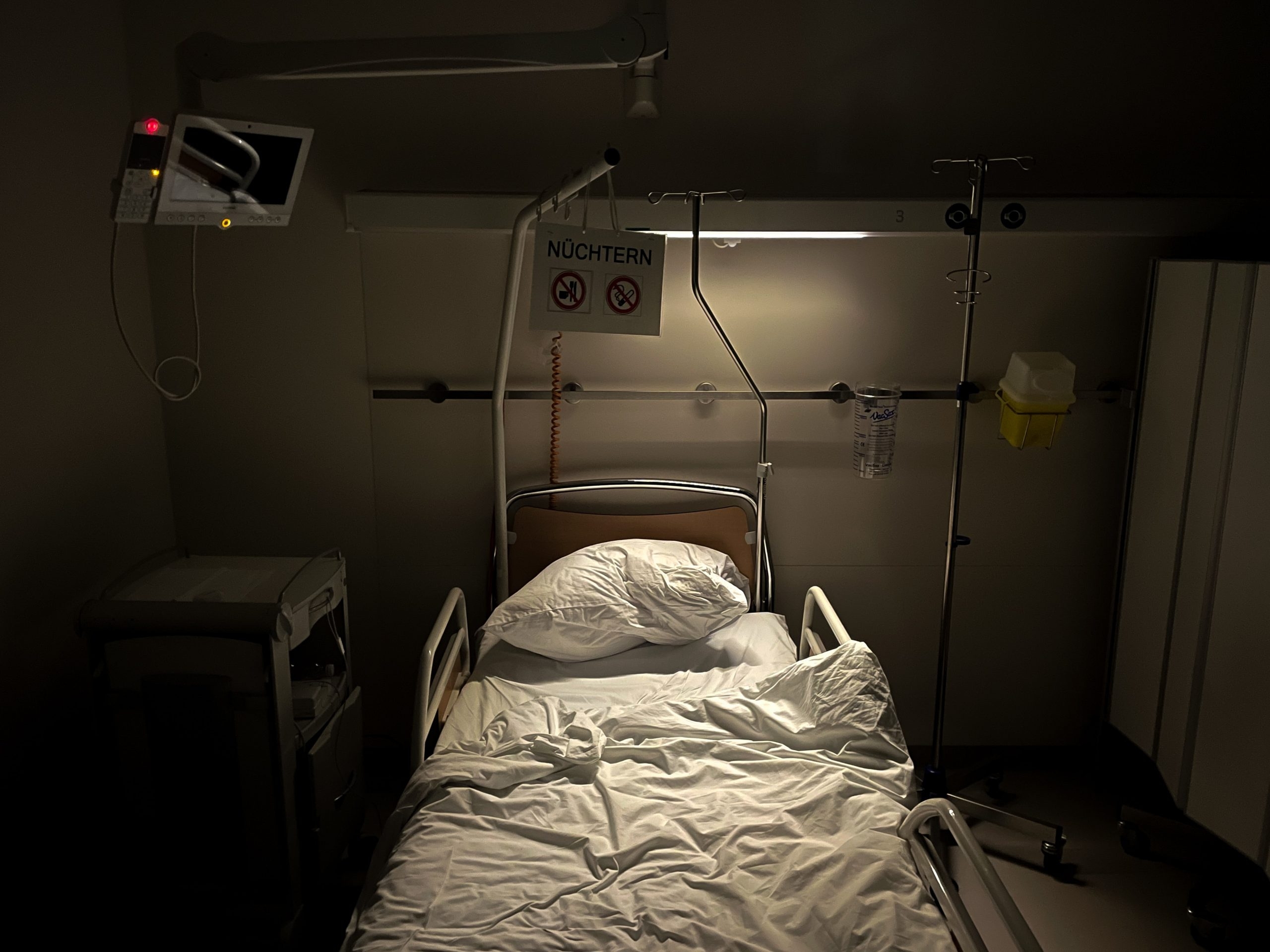You’ll have memories for the rest of your life. Your sibling or parent will remain with you for the rest of your life. Keep your memories safe. It’s OK to recall anything amusing he or she did or said. By smiling, you are resurrecting a small part of what made them so unique. The pain you feel will diminish with time. At first, the pain may be so intense that you question whether you will ever be happy again. Time has a way of restoring health. And just because you aren’t sad every day doesn’t imply you have forgotten. It just signifies that you are beginning to recover.
Everyone is sad in their own unique way. Some people express their grief by sobbing. Others withdraw and spend time alone. Some people discover that they need to be among their pals and converse. Others become enraged. Most people believe that sticking to a schedule is beneficial. There is no correct or incorrect way to be sad. It’s normal to grieve at your own speed.
Life is about to change. Keep an open mind to new experiences. Make little modifications to your life that will give it fresh significance. Make a note of how you’re feeling. It won’t be the same, but it may still be rich and full. Continue to believe this. Dealing with cancer is perhaps the most difficult thing you’ve ever had to do. It will surely change the course of your life. But you’ll make it through. Do you know why? Because you are strong and capable, even if you don’t always believe it.
